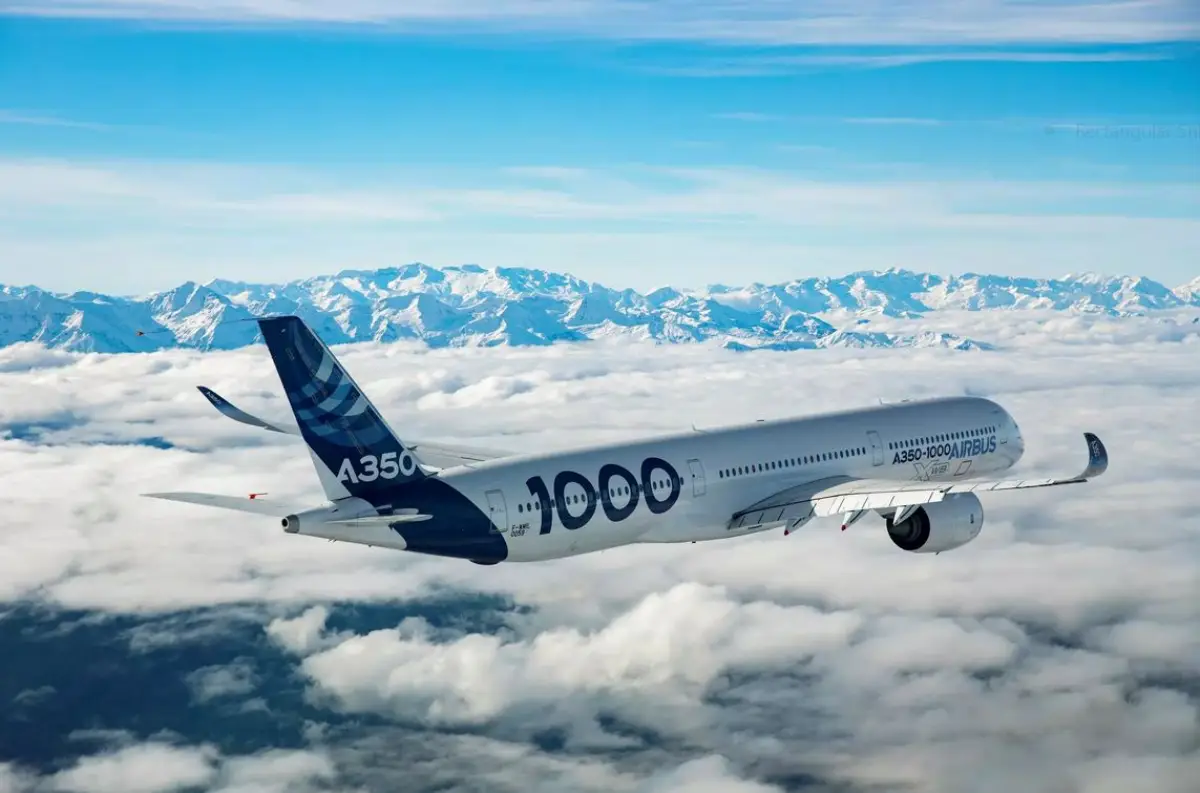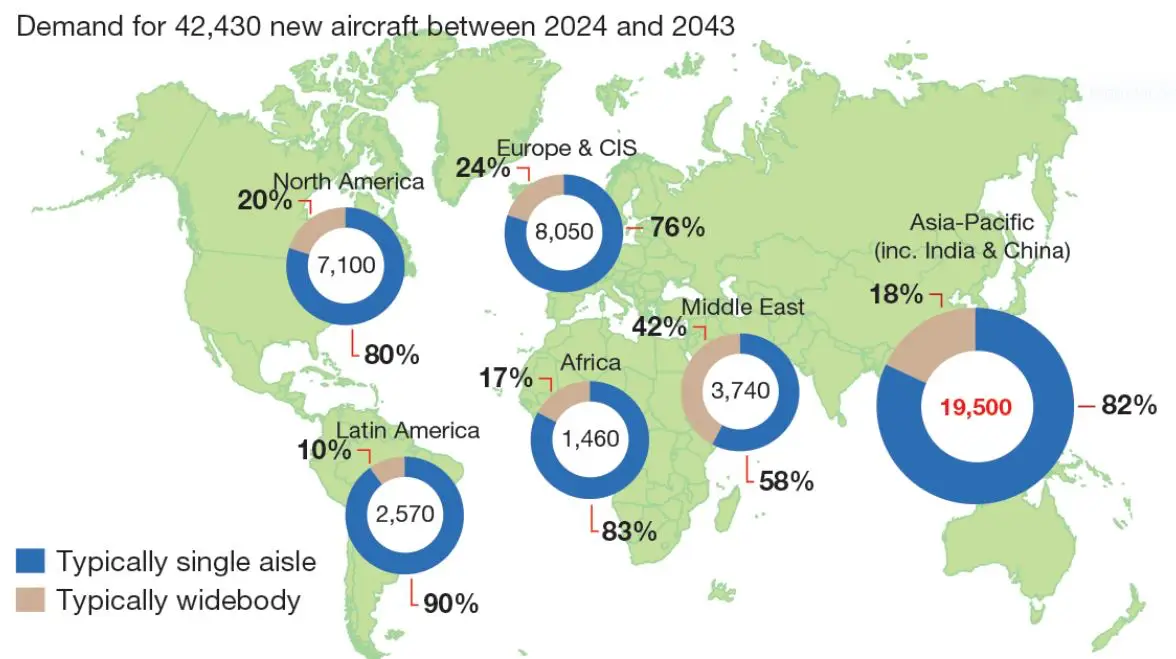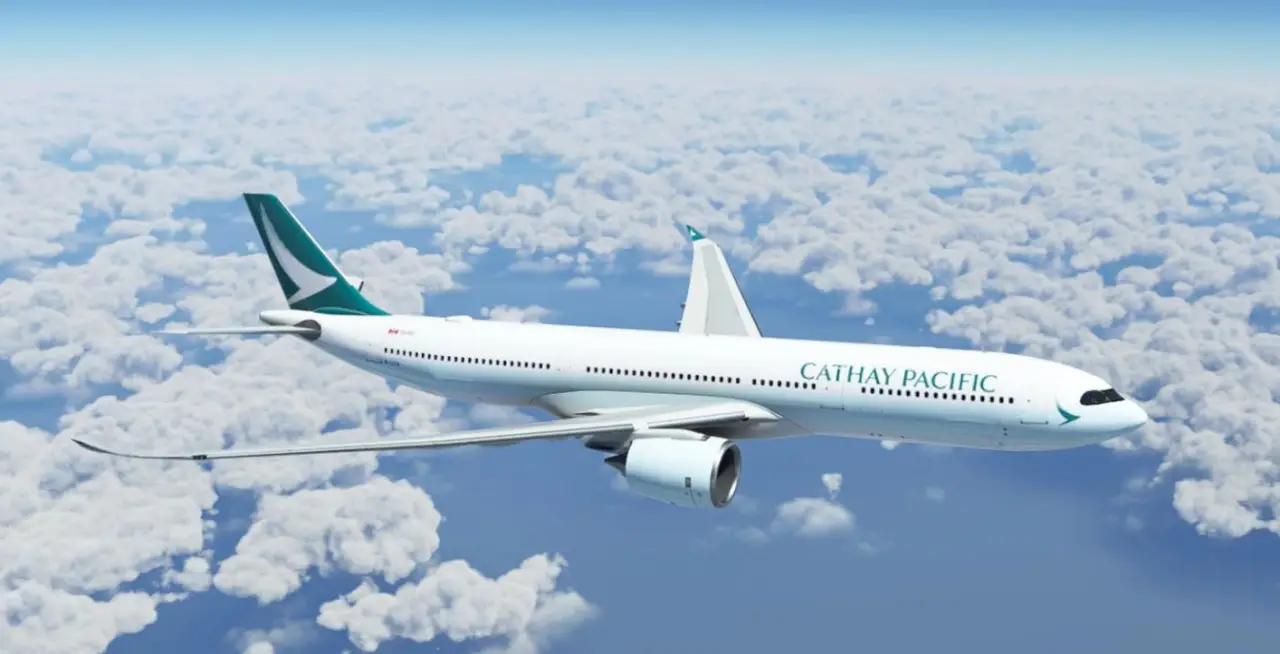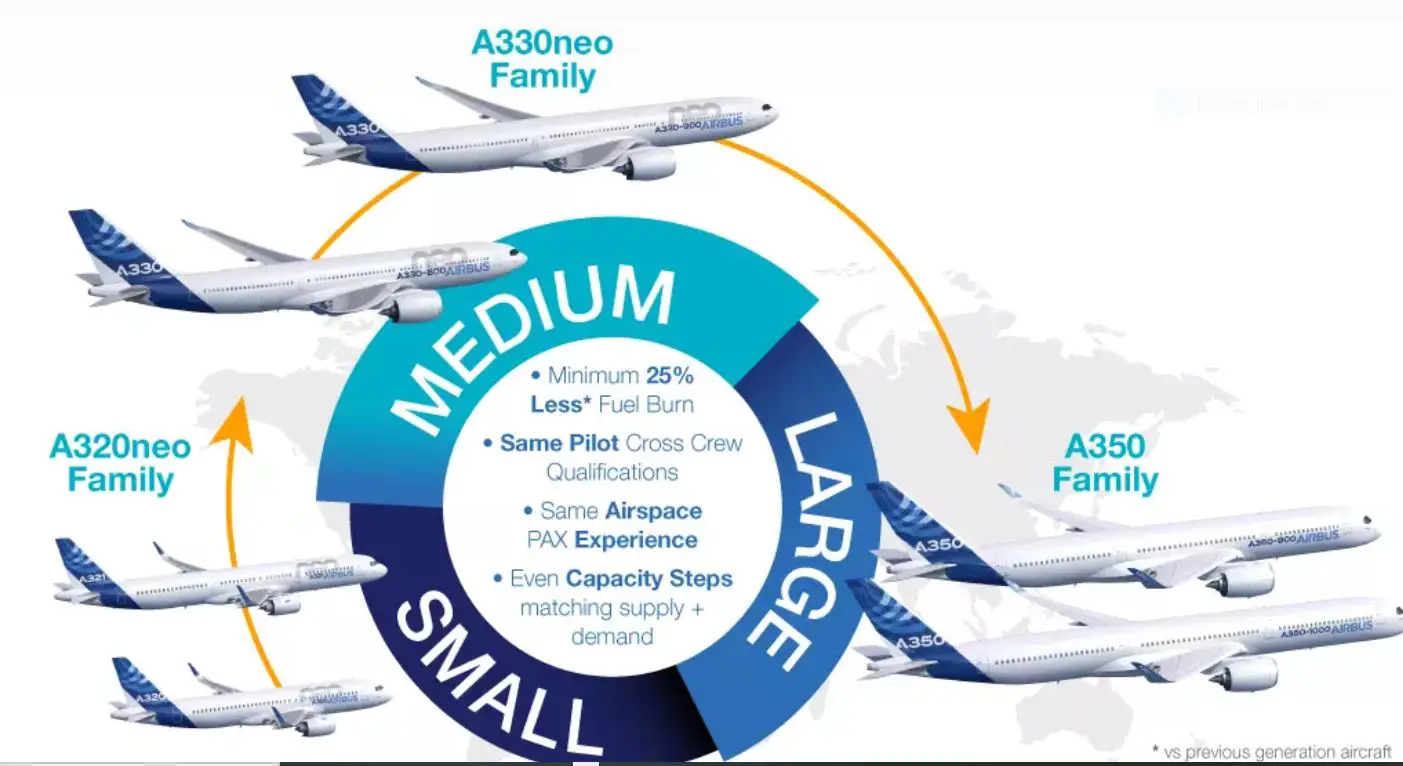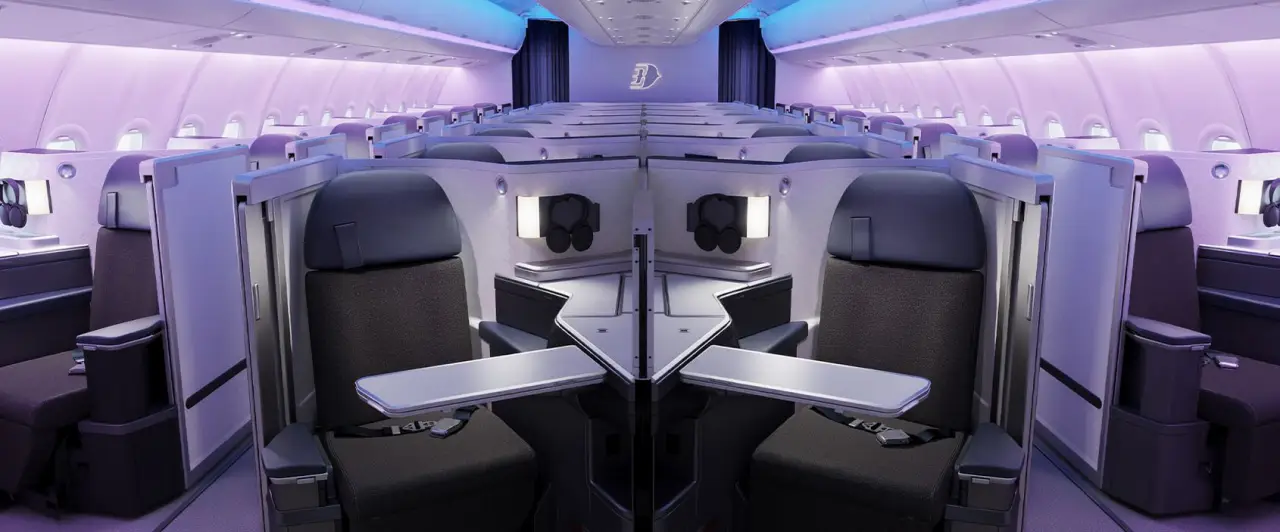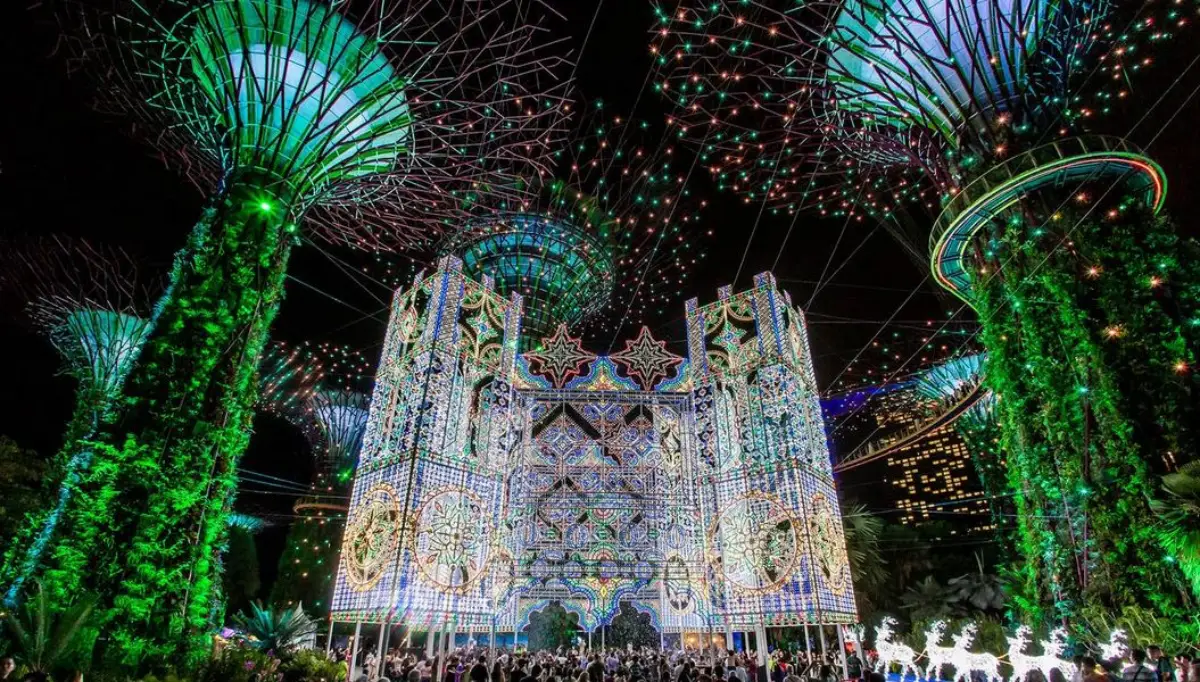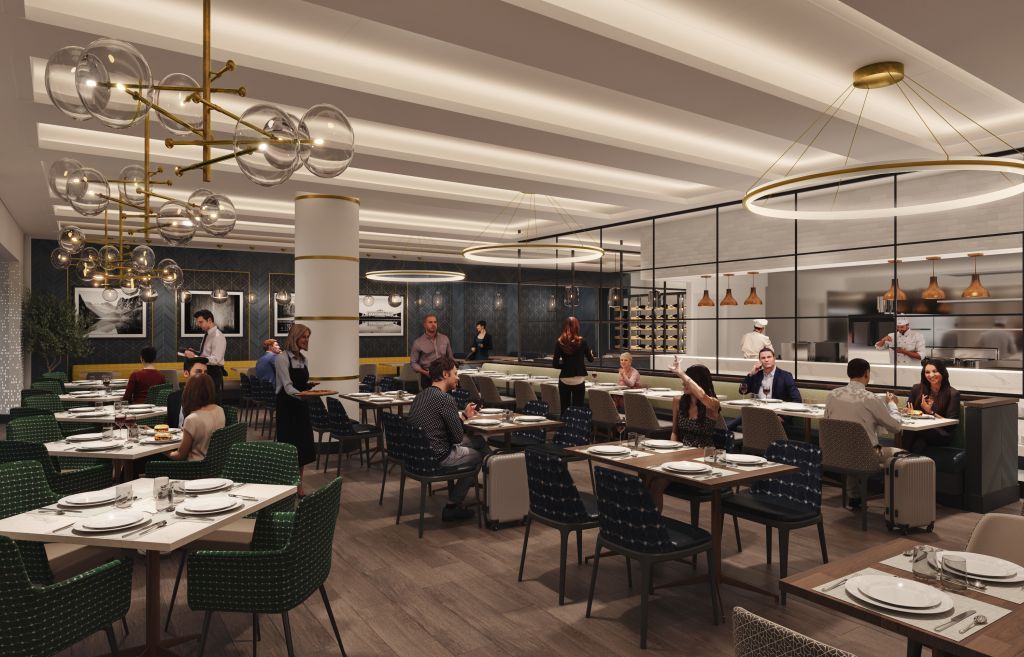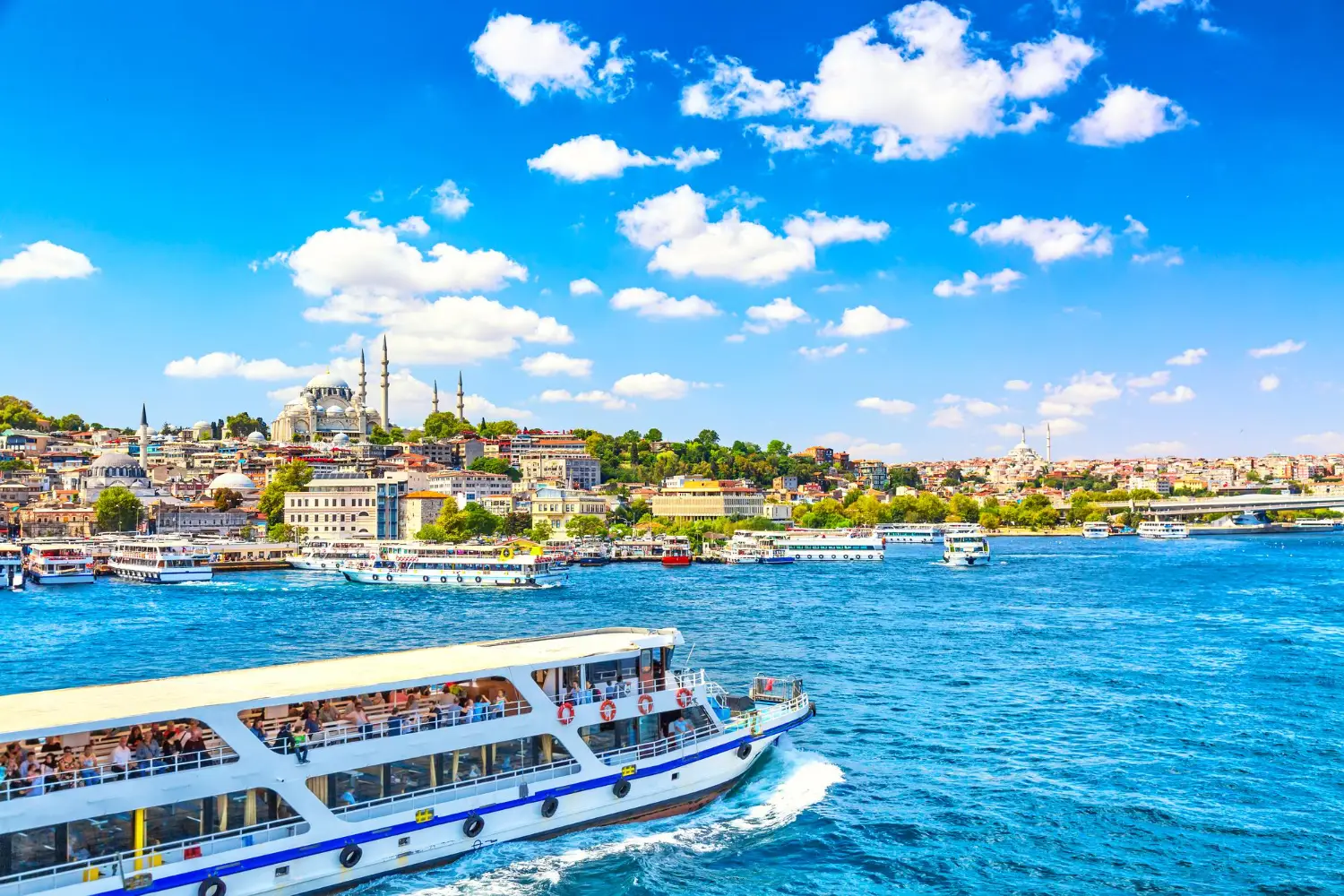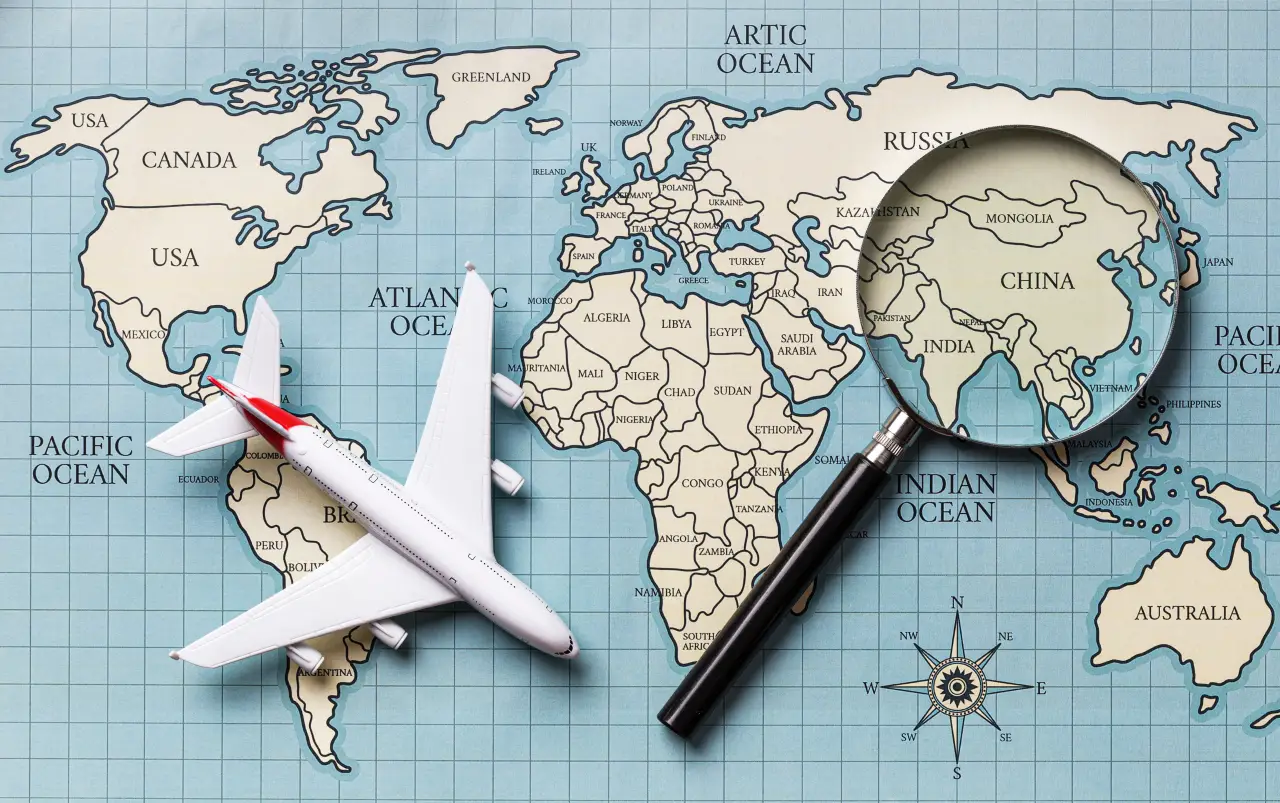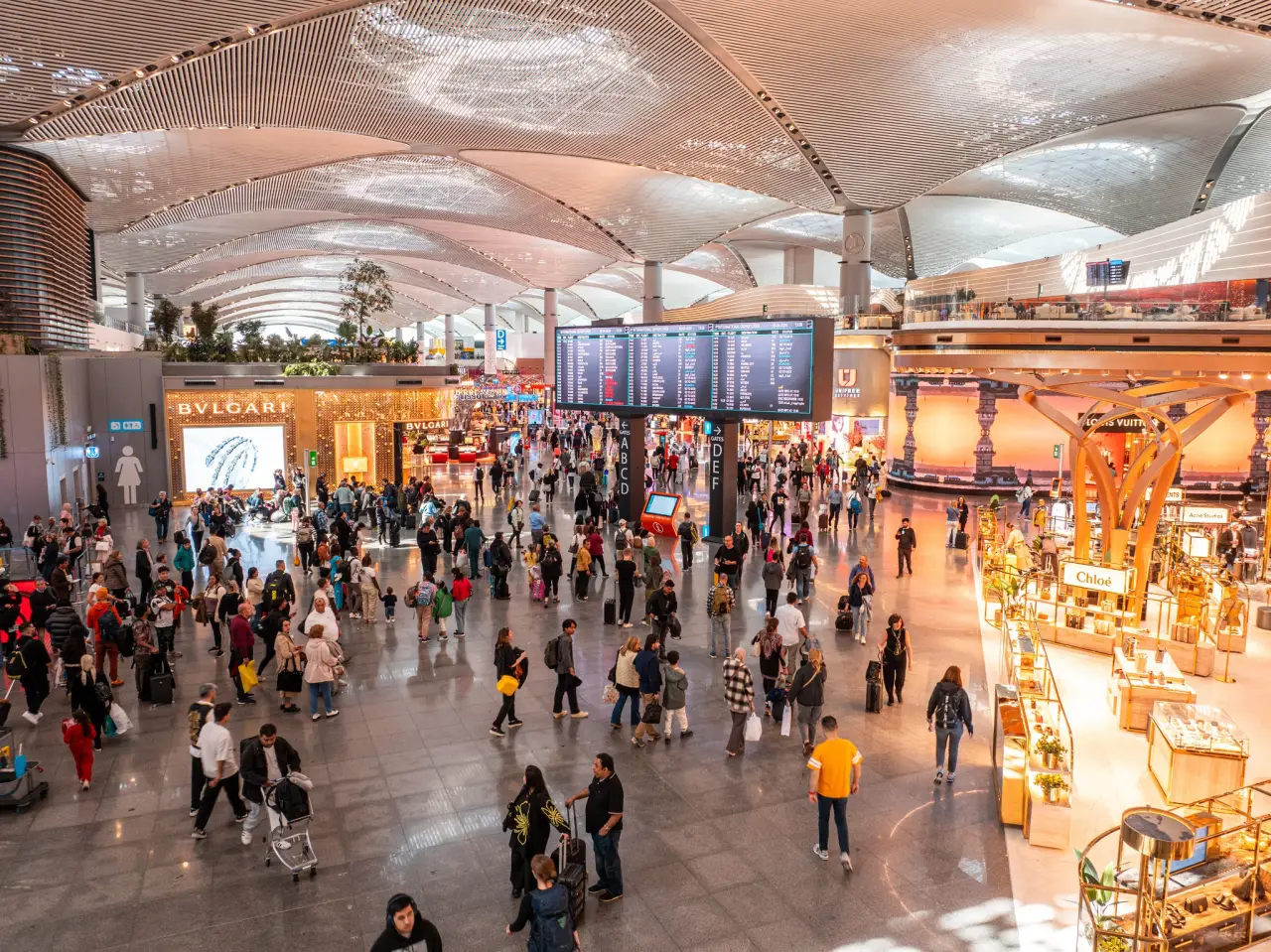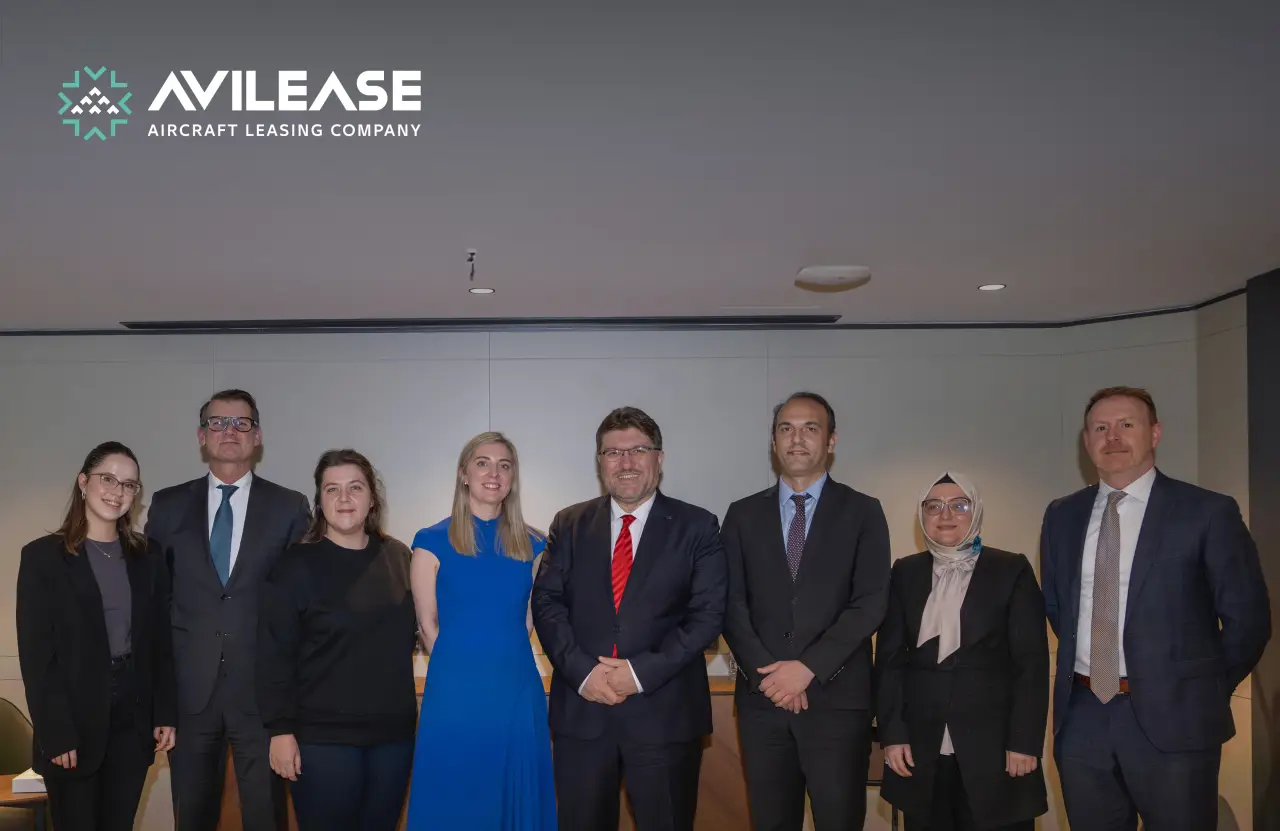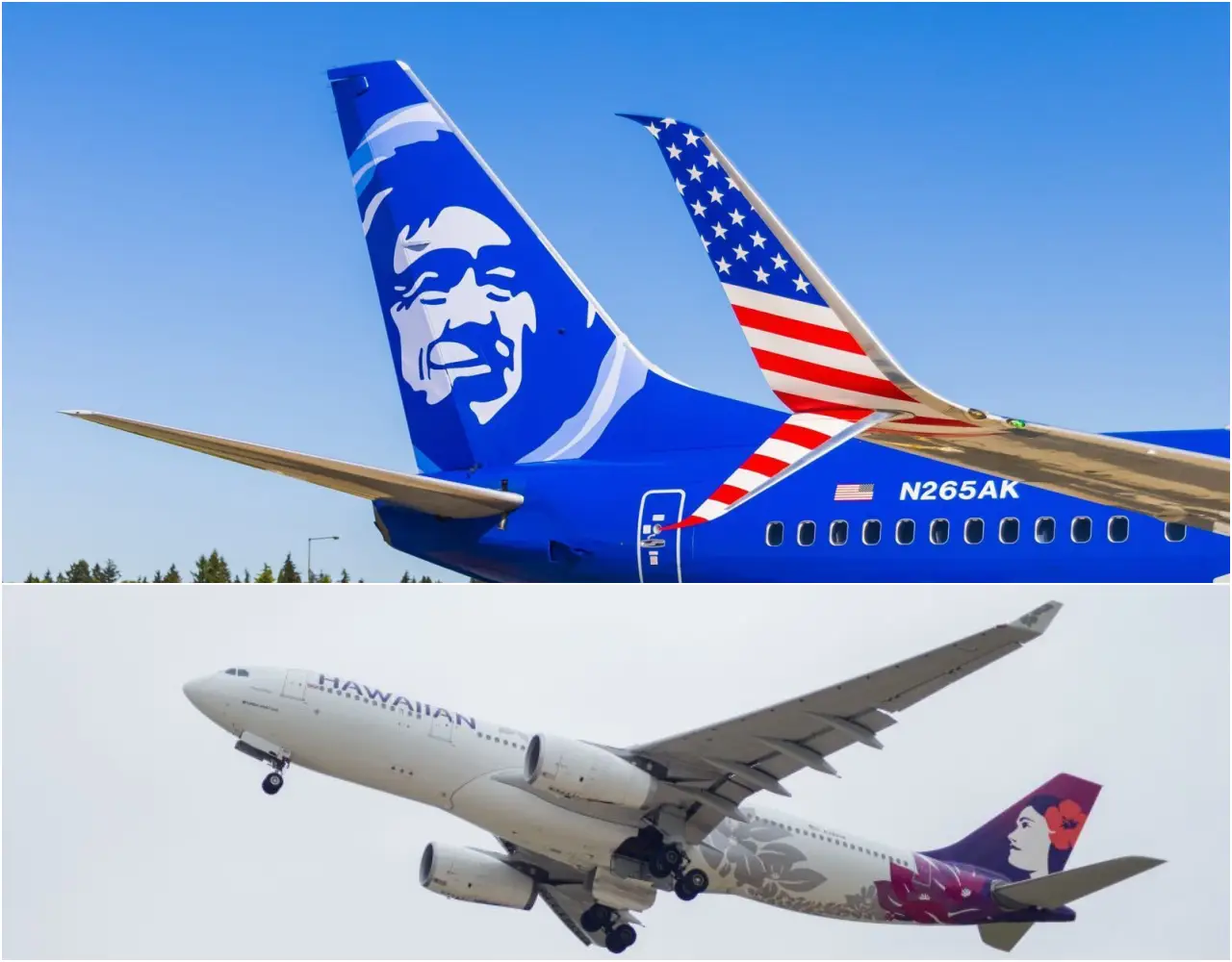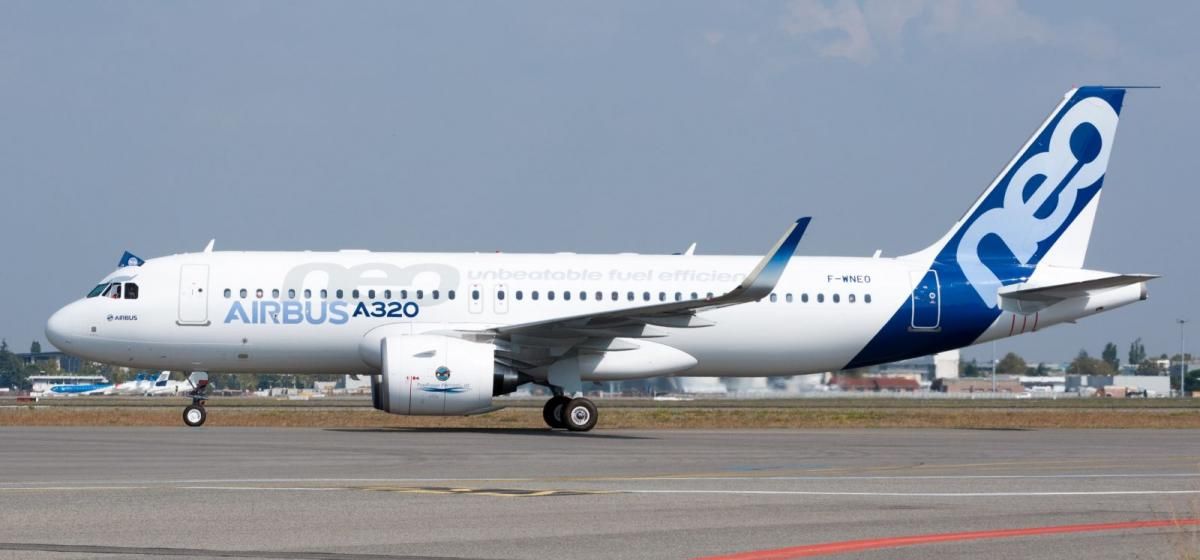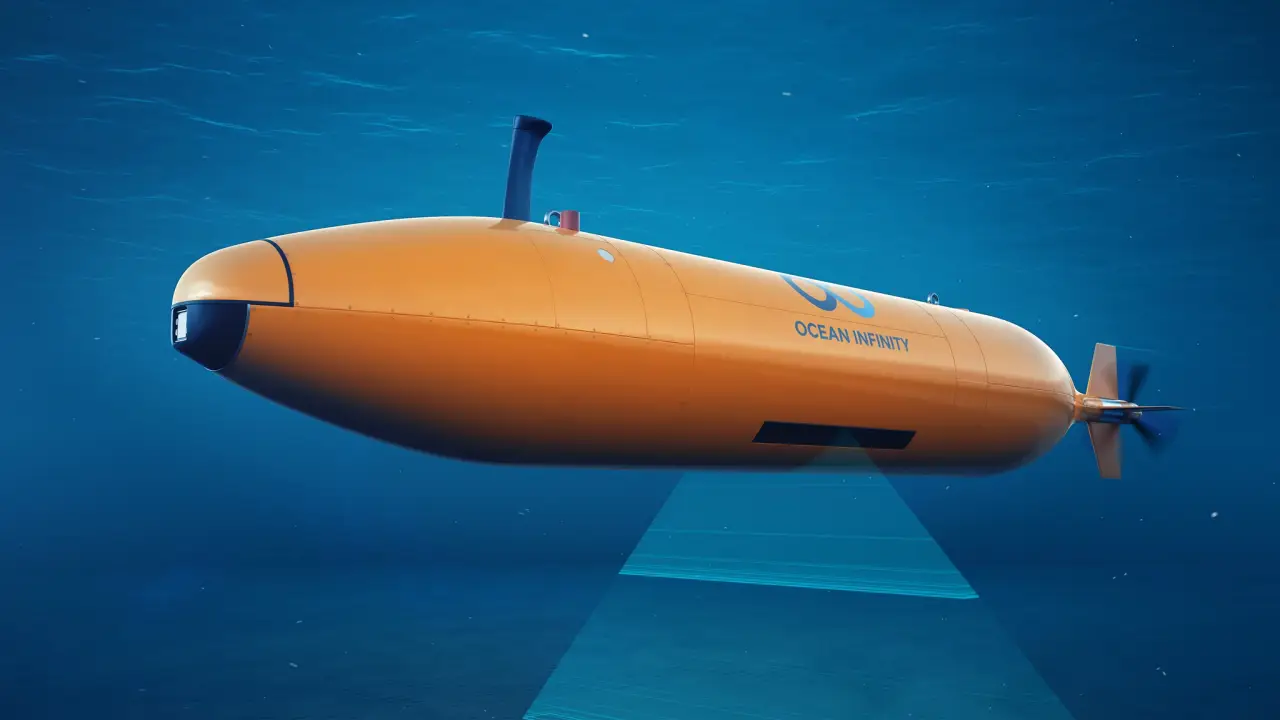Airbus has released its latest regional market forecast, projecting that the Asia-Pacific aviation sector will require 19,500 new aircraft over the next 20 years.
This demand represents 46% of the global requirement, which is expected to reach around 42,430 new aircraft by 2043.
Anand Stanley, President of Airbus Asia-Pacific, presented these findings during the Association of Asia-Pacific Airlines (AAPA) Annual Assembly of Presidents in Brunei, underscoring the region’s continued growth and importance in the global aviation market.
In passenger traffic, the Asia-Pacific region is projected to have an annual growth rate of 4.8%, outpacing the global growth rate of 3.6%.
The Asia-Pacific forecast, which includes China and India, reflects a year-on-year growth of 3% in terms of new aircraft needed. With this surge in demand, the region’s fleet will continue to expand, driven by both growth and replacement needs, with sustainability initiatives becoming more prevalent.
“As one of the fastest-growing aviation markets in the world, the Asia-Pacific region is poised for significant growth over the next two decades. With rising demand for both passenger and cargo operations, we are well-positioned to help our airline partners meet their long-term goals with the most efficient, sustainable, and advanced aircraft available while contributing to decarbonisation efforts across the industry,” said Mr. Stanley.
Airbus anticipates the need for 16,000 single-aisle aircraft, such as the A220 and A320neo Family, to support the region’s short-to-medium haul routes. At the same time, demand for medium- and large-sized long-range aircraft, like the A330neo and A350, will total approximately 3,500 aircraft.
Key recent widebody aircraft orders in the region include Cathay Pacific (A330neo), as well as EVA Air, Japan Airlines and Korean Air (A350), with several other ongoing campaigns expected to fuel growth.
Airbus estimates that nearly 71% of the aircraft deliveries will support fleet expansion, while 29% will replace older models, significantly contributing to decarbonisation efforts. The next generation of Airbus widebody aircraft offers an immediate 25% improvement in fuel efficiency and a corresponding reduction in carbon emissions. These advancements reflect Airbus’ commitment to supporting the aviation industry’s goal of minimising its environmental footprint.
Widebody aircraft not only enhances passenger connectivity but also supporting the region’s increasing cargo needs. Asia-Pacific is expected to require 250 new widebody freighters, representing 10% of global demand. E-commerce and global trade are driving demand for efficient cargo transport.
The A350 has established itself as the leader in long-range travel, with nearly 300 A350s already in service in Asia-Pacific and another 230 on order. The aircraft’s cutting-edge technology, fuel efficiency, and superior economics make it the preferred choice for airlines across the region.
At the same time, the A330ceo replacement cycle is underway, with some 540 A330ceos currently operating in the region. The A330neo is positioned as the optimal replacement, offering a seamless transition for airlines, with commonality in pilot training and technical operations between the two models.
With over 1800 firm orders and flying with more than 120 customers across the globe today, the A330 has solidified its place as the most popular widebody ever.
Malaysia Airlines to take delivery of A330neo aircraft soon
Malaysia Airlines is expected to receive its first of 20 Airbus 330-900 (Airbus A330neo) aircraft sometime in November 2024. The aircraft had undertaken its first test flight on Nov 6, 2024 as reported in The Edge.
The delivery of aircraft, which missed its initial deadline in September as well as the subsequent rescheduled date in October, is finally expected to be delivered soon, said Mr. Stanley. The delays stem from the supply chain constraints currently plaguing the industry, which the original equipment manufacturer (OEM) is currently working towards resolving, he said.
Malaysia Airlines also recently showcased in Kuala Lumpur, its impressive new A330neo aircraft interiors, including its the Business Class and Economy Class seats. In Economy Class, the aircraft features the award-winning Recaro CL3810 Economy seats.
The Business Class will have Collins Aerospace Elevation Business Class seats, featuring an all-suite cabin with individual privacy doors, as well as wireless charging pods available at all 28 of the Business Class seats.

